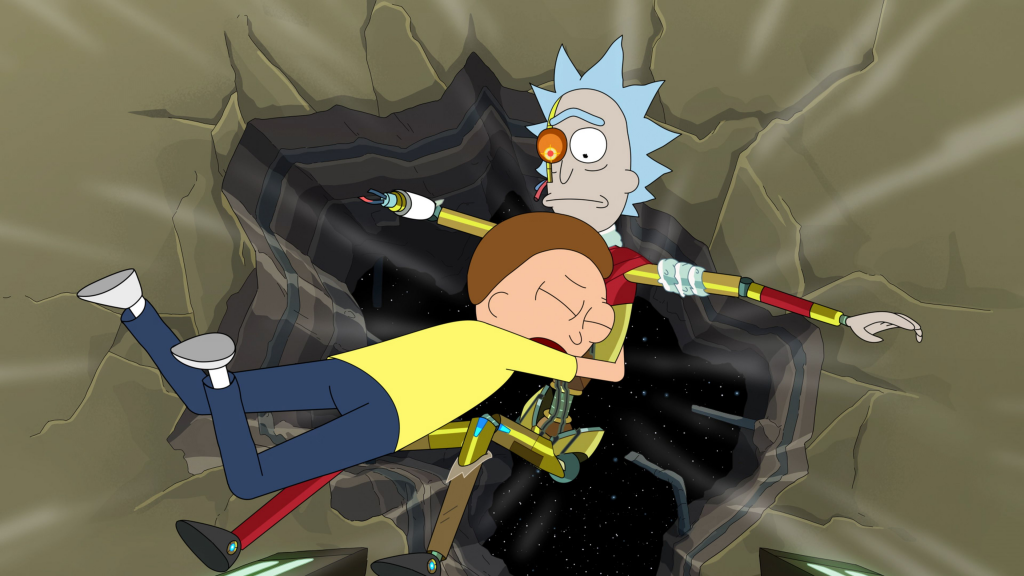With the departure of Justin Roiland, the main voice actor behind the series’ six widely-loved seasons, many fans were left wondering how the show could continue. Roiland faced charges of domestic battery and false imprisonment of a former partner in 2020. Once the charges were revealed, he was dropped from his role on “Rick and Morty” and many of his other projects and roles. The court has since dismissed the charges due to lack of evidence. Roiland voices Rick, Morty and many other characters on the show, making him a vital performative addition and fan-favorite voice actor for the show. Season seven has recently been released, giving fans a first taste of the show without Roiland.
Adult Swim chose to replace the voice actors after a meticulous process, finally landing on Ian Cardoni as Rick Sanchez and Harry Belden as Morty Smith. Because of the fourth-wall-breaking, metajoke-filled history of the show, many fans believed that there would be a more creative solution than simply replacing Roiland. However, all possibilities in this vein would completely unground most of the canonical elements of the show, sparse as they are. Other more direct ways to address Roiland’s departure through metanarrative also invite critique on grounds of ethics and tastefulness.
Instead, the writers at Adult Swim pressed forward, emphasizing Rick and Morty more than ever and attempting to recapture the magic of previous seasons. The first episode features a fan-favorite side character, Mr. Poopybutthole, who needs an intervention from Rick and his gaggle of friends. The second episode centers on the relationship between Jerry and Rick, in which the two undergo a mind-brain replacement, culminating in some unexpected and potentially catastrophic results. The unique brilliance and accessibility of the show do not seem to have faded in the writing. Rather, the abstract world-building, metajokes and crude humor of the show are all still there.
This may have to do with the fact that Roiland has had almost nothing to do with writing the show since season two. Harmon opened up in an interview where he explained the rift between himself and Roiland that had been ongoing for many years. With this information, it seems that the loss of Roiland was only a loss of his voice and any remaining chemistry he created between the characters. Regardless, some fans are convinced that the show is truly not the same.
Reception to the first two episodes has been polarized, as anyone can tell from browsing Rotten Tomatoes reviews. Many fans are completely turned off by the new voice actors, and many complaints have come through about Morty being over-confident and Rick not being as expressive as usual. Other fans, even long-time fans, see hardly any problem with the new voices whatsoever.
Responses to the actual content of the show are just as polarizing. Many people think that the writing on the new season is lackluster, and the punch of comedy doesn’t come through as well as it used to. Again, others do not find much of a difference in the characters or writing from past seasons, and think the show is moving forward full-steam.
With so much polarization, the question that arises is whether critical fans are simply embittered by the departure of Roiland and clinging to nostalgic memories or if their critique is justified. Perhaps the show has not been the same since season two, and it took a major shake-up to make fans adopt a critical eye and take note of the decline of the show. Perhaps the new season succeeds in plowing through a press nightmare and retaining the glory of the show apart from its co-creator. Perhaps this season is uniquely good or bad for reasons that have nothing to do with Roiland’s departure whatsoever.
Ultimately, the only way to make a judgment is to rewatch previous seasons and compare them with the new season as it continues to release. The life or death of the show is mostly dependent on fans’ willingness to engage with the show as it is, and it is up to them to decide whether it should go on or be laid to rest.



